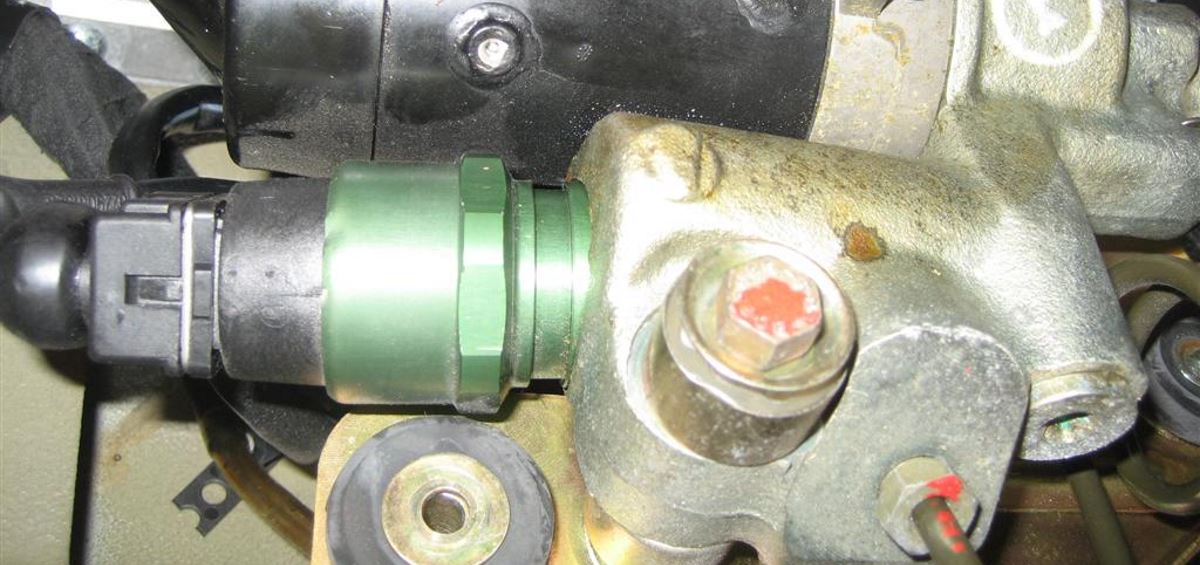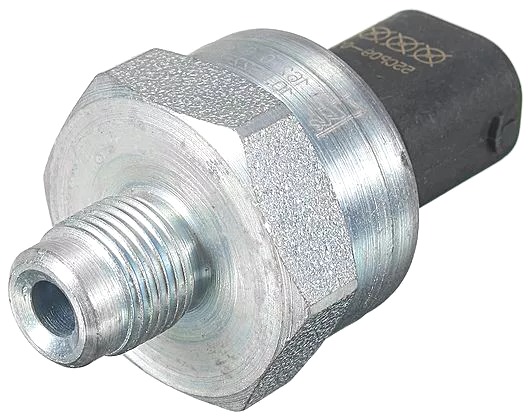What’s an Anti-Lock Pressure Switch, Anyway?
Alright, so you’re stuck at the lights on Anglesea Street in the middle of a rainy Hamilton afternoon, or maybe crawling through traffic in Te Awamutu or Rototuna, and that little ABS warning light starts glaring at you. Not ideal, eh? That’s about the time folks start asking us, “What’s this anti-lock pressure switch thing and do I need to care?”
If you’ve ever had your wheels lock up hard when slamming on the brakes (especially coming down the hill towards Frankton on a foggy morning), you’ll know it’s no small thing. The anti-lock braking system (ABS) stops your wheels from seizing up so you can actually steer and stop. The pressure switch is this wee bit that keeps tabs on what’s going on with the brake fluid—it tells the ABS when to kick in if it sees you’re about to lock up. Basically, it’s the difference between a controlled stop and sliding across wet Chipseal outside Chartwell Shopping Centre.
This switch usually lives near the master cylinder, buried in with all those pipes and wires leading back to the ABS module. Your ABS can’t do its job if that switch is asleep at the wheel.
Want to get side-tracked and learn more about the inner workings of ABS systems? Be my guest, but keep reading if you want the workshop version!
What Can Go Wrong with the ABS Pressure Switch?
We see it day in, day out—maybe you’ve got a Nissan Juke, Suzuki Swift, or a Mazda Atenza, or even something a bit less common like a Volvo XC60 or a Toyota Estima hybrid. Could be young fella’s ute or someone’s tidy daily for school runs down Cambridge Road. Doesn’t matter what you drive or who’s driving, the symptoms are always about the same:
- ABS warning light pops on — First thing most people see. That light tells you something’s up, could be the pressure switch giving dodgy readings.
- Brakes go weird — The pedal goes soft, or sometimes feels a bit wooden. Had a Honda Jazz in last week doing just that in Morrinsville’s morning rush.
- Skidding or loss of control — Worst case, ABS stays off and you can lock your wheels, especially if you hit a sudden patch of gravel near Gordonton Village or a pothole outside Melville on a wet day.
- Unusual wearing of ABS parts — Seen it a few times in older Kias and Peugeots from Tamahere. The ABS pump can run too long and those bits aren’t cheap to replace.
Check out more about why your ABS light might be on if you’re keen.
Is It Bad News If I Ignore It?
Honestly, if you let the anti-lock pressure switch pack up completely, your car’s safety takes a hit—simple as that. You’ve got less control if you need to emergency brake, especially with kids or dogs in the back. If the ABS Brake Fluid Level Sensor or Switch fails, chances are you’ll lose your WOF Hamilton check too. No one enjoys getting pinged at WOF time, so you’ll want it sorted before the next inspection.
If your ABS system is out of action, stopping distance just goes up, especially if you’re trying to avoid a courier van out by Glenview during winter with greasy roads under you. Wheel lock-up is no joke, it could be the difference between a near miss and a mess.
Heads up: If your ABS warning light stays on because of that pressure switch, you won’t pass your next WOF till it’s properly looked at and replaced. Not something to muck around with.
Getting Your ABS Pressure Switch Replaced in Hamilton
If you reckon your ABS pressure switch is on its way out, or you’re just tired of warning lights haunting your dash (Hyundai i30, anyone?), best to get it checked. At Grimmer Motors, our techs see this stuff all the time—old Subarus, tidy VWs, family SUVs, you name it. We’ll suss out what’s really happening under your bonnet, and get those brakes back to their best, whether you’re in Huntly, Cambridge, or smack in the middle of Hamilton.
Your safety, your WOF, and the lives of everyone in your car are worth keeping on top of. For car service Hamilton and practical, friendly advice, give us a bell.


